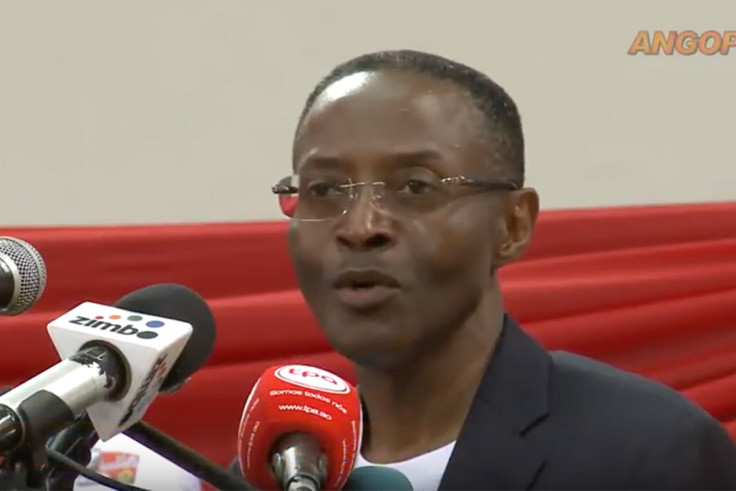Angola's government must investigate claims police beat peaceful protesters and set dogs on them
Demonstrators fear voter registration will be tampered with in forthcoming election.

A prominent rights organisation has urged Angola's government to investigate impartially claims that police beat activists with batons and injured at least four protesters using police dogs in an apparent excessive use of force by security services.
On 24 February, about 15 people gathered in the capital Luanda's First of May Square to call for the resignation of the territorial administration minister, Bornito de Sousa, who would become vice president if the ruling Popular Movement for the Liberation of Angola (MPLA) wins the parliamentary elections scheduled for August this year. Protesters fear he could manipulate the election because he is in charge of the voter registration process.
While protesters say they were peaceful, and carried no banners or weapons, they claim police set upon them and started beating them with batons.
"The Angolan authorities are responding to peaceful protests with batons and police dogs," said Daniel Bekele, senior Africa advocacy director at Human Rights Watch (HRW). "The government needs to investigate the police crack down on protesters and hold those responsible to account."
A protest organizer, Luaty Beirao, said he saw about a dozen police officers when he arrived and another group of officers soon emerged with a Rottweiler and two German shepherd dogs on leashes. "We argued with them for a few minutes, before one of the commanders started chasing people away and beating people who had come to watch the situation," Beirao told HRW.
The police then reportedly set the dogs on the protesters. "The Rottweiler bit my left arm, while one of the German shepherds bit the right side of my waist," Beirao, who provided photos that are consistent with his account, said. "The wound to the waist was not as big as the one to my left arm."
The Luanda protest was not authorised by the local government, after activists claim that they sought permission from the authorities in the capital, but received no reply.
Denying a protest violates the right to peaceful assembly under international human rights law, HRW said in its report. Article 47 of Angola's Constitution allows citizens to protest without pre-authorisation, provided they inform authorities in advance.
"Fair elections require respect for freedom of association, expression, and peaceful assembly," Bekele said. "The police assault on these peaceful protesters sends a chilling message to others who want to criticise the government and is a red flag for the fairness of this year's elections."
© Copyright IBTimes 2025. All rights reserved.






















